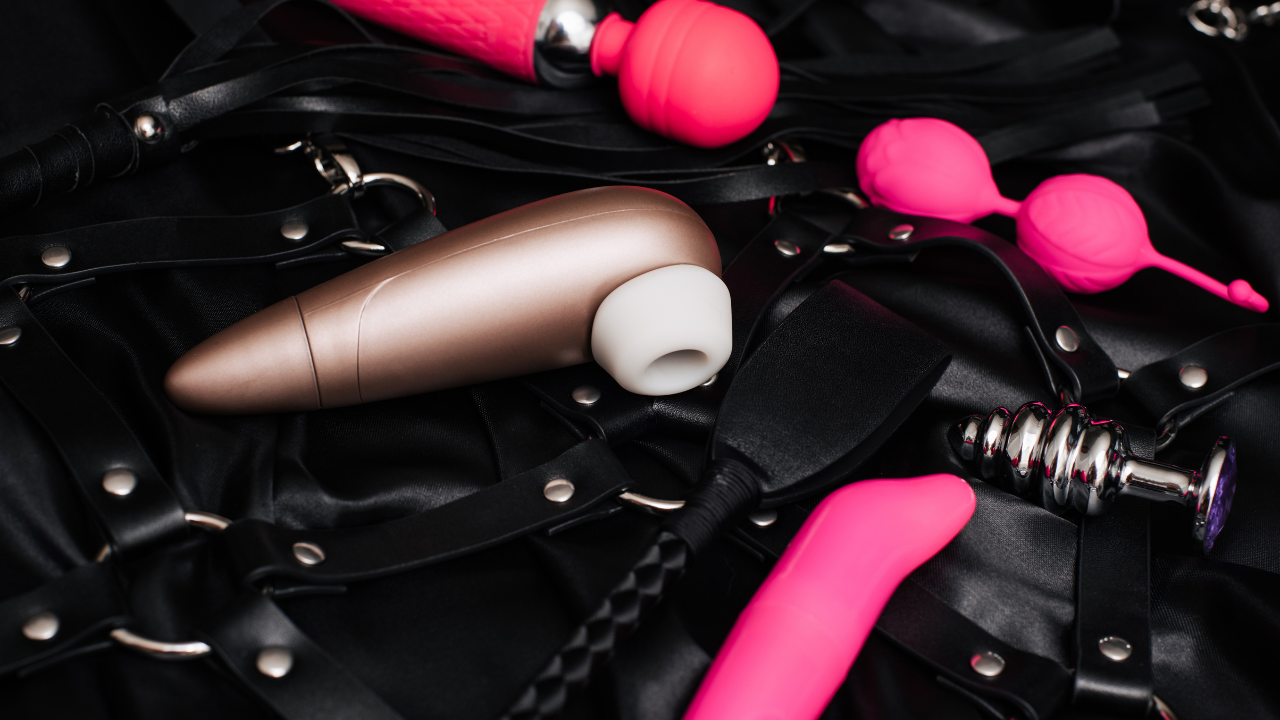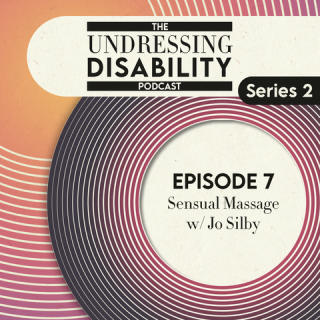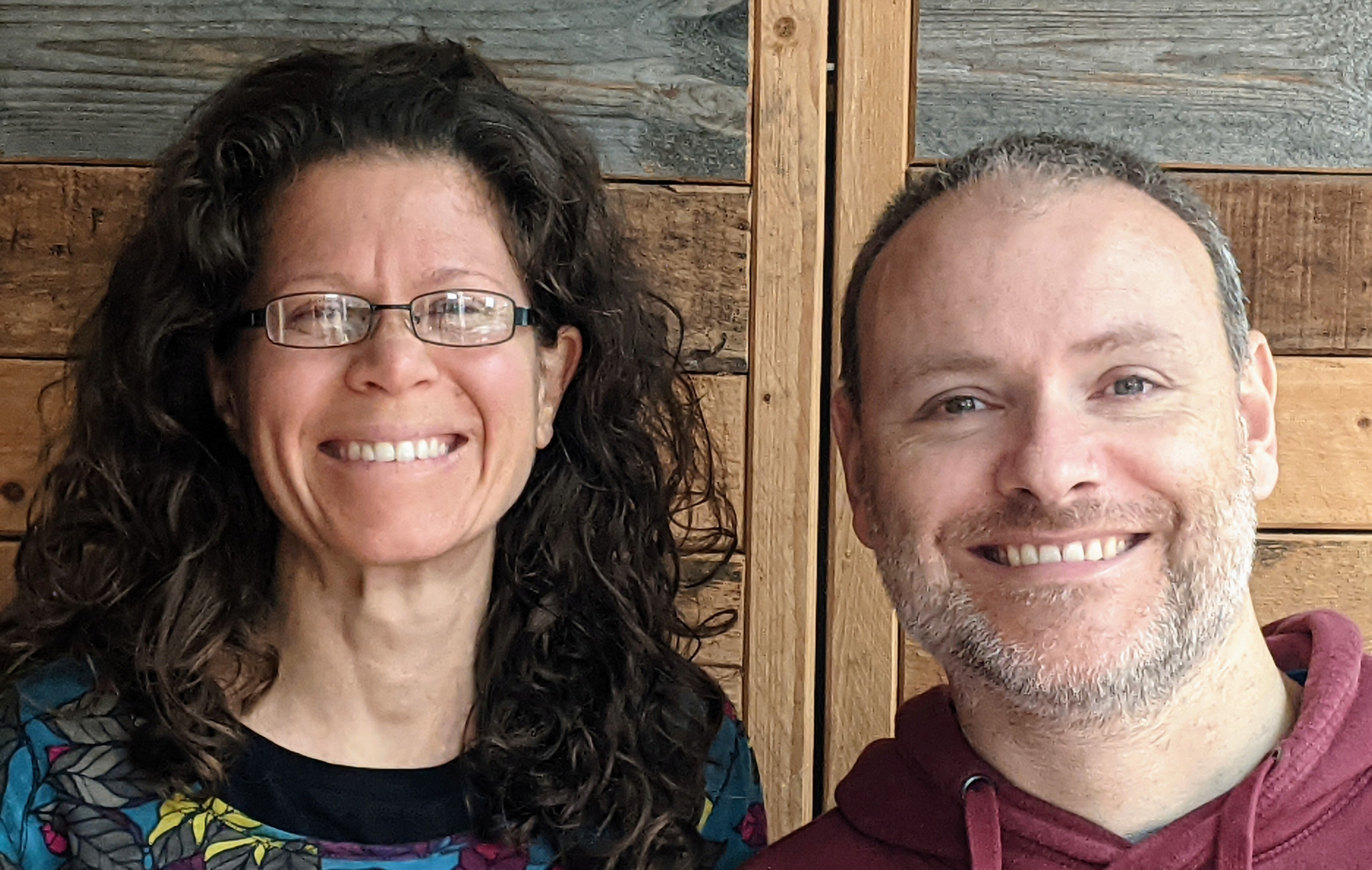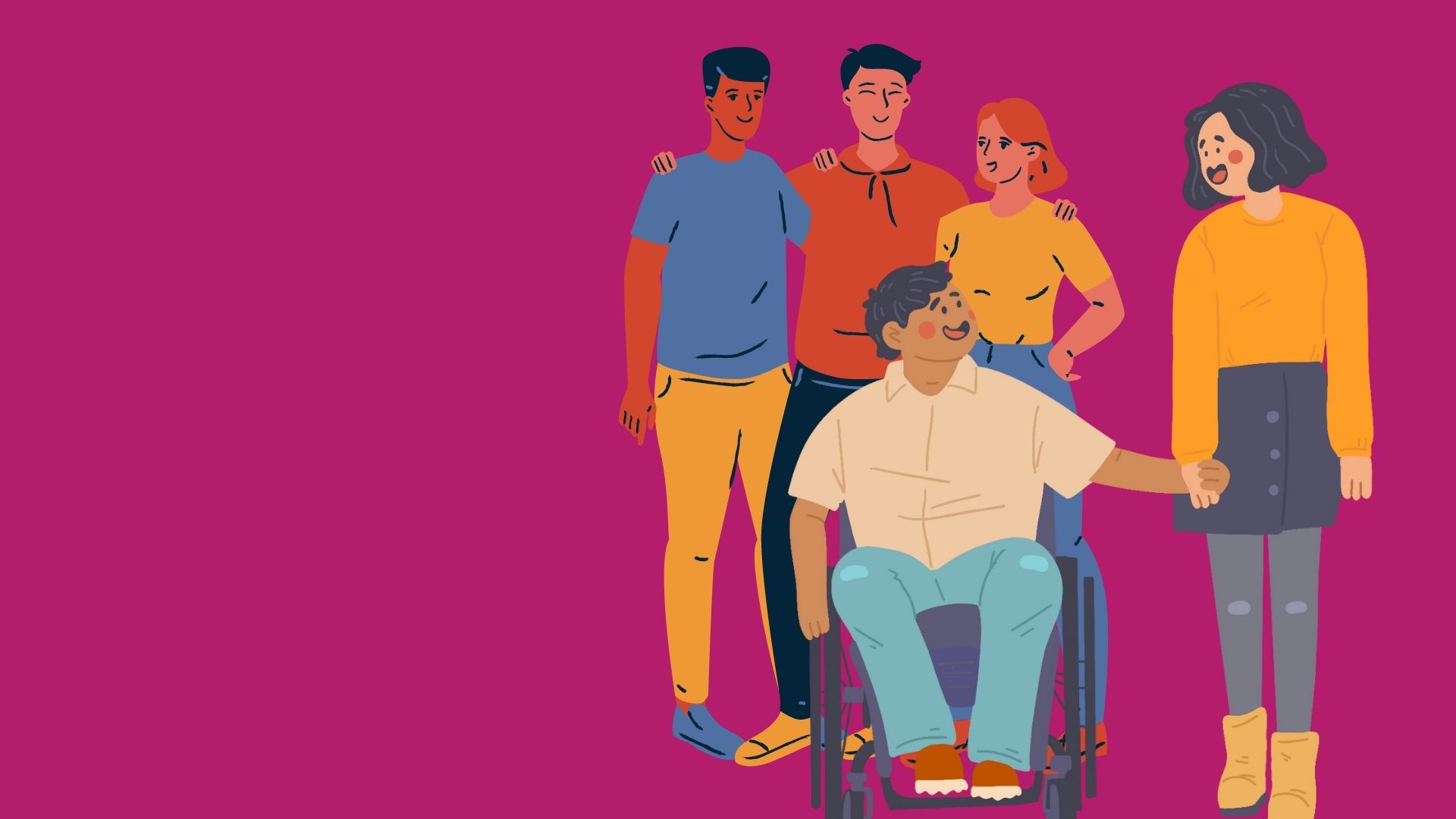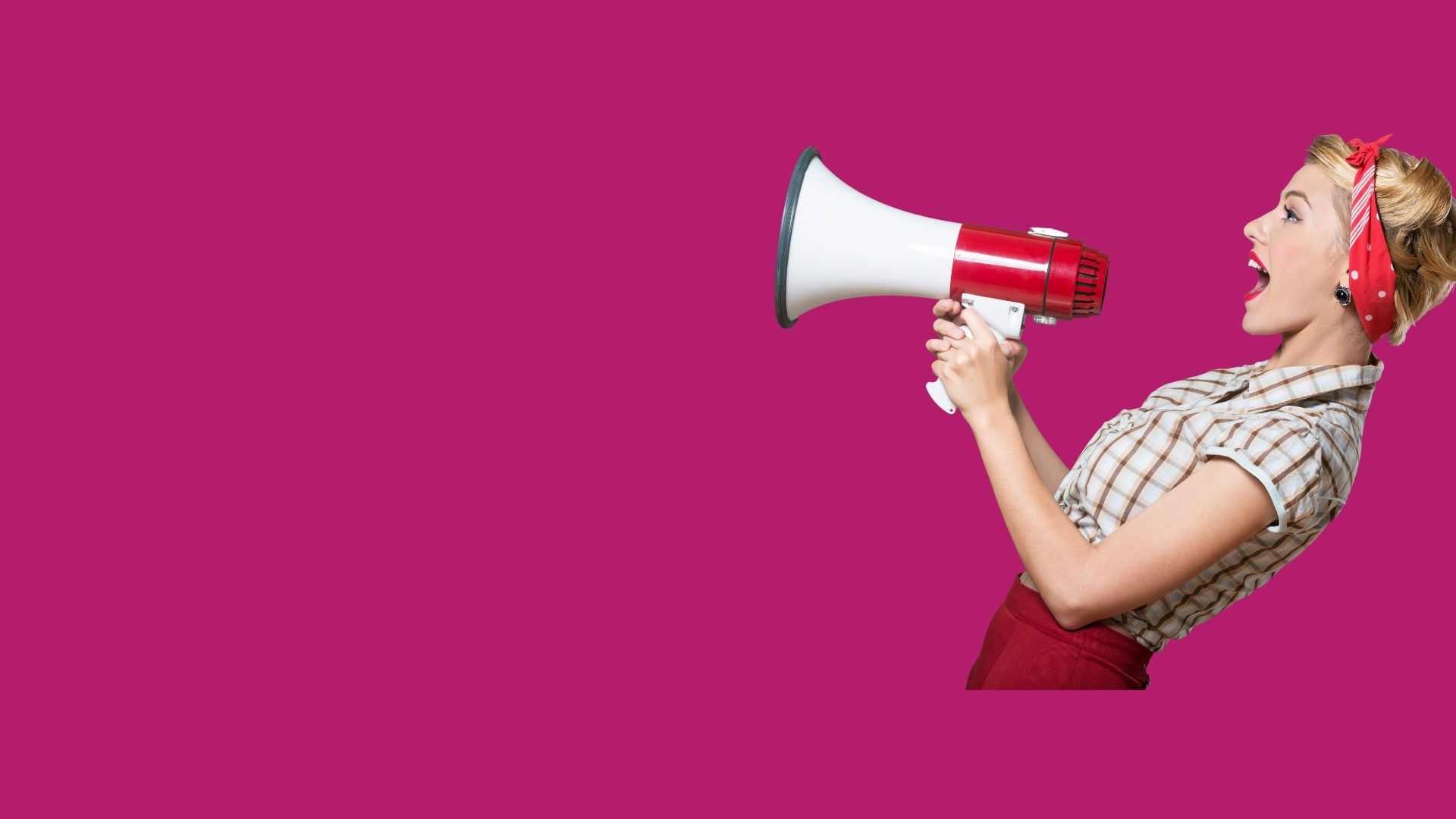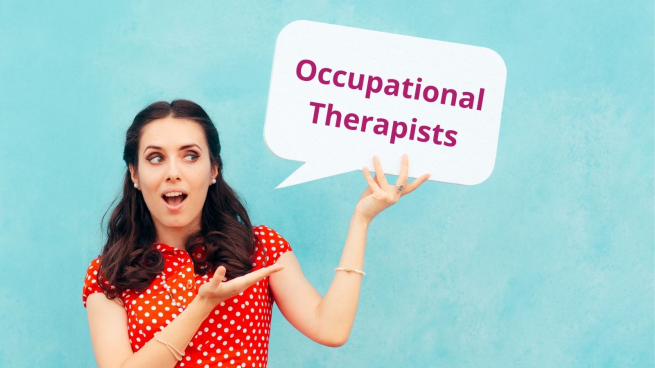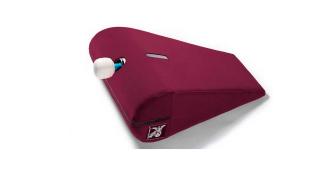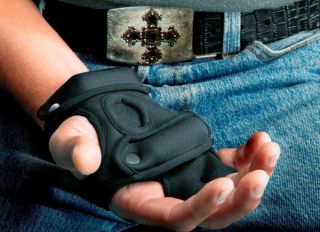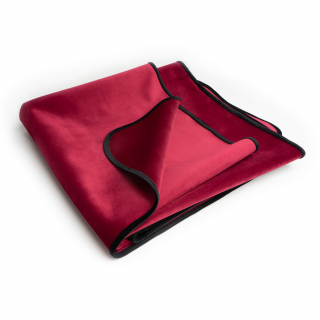Isolation is something that can affect anyone at anytime. As part of Enhance the UK’s Loneliness campaign Mel and Steve from Spokz People share how Isolation during the pandemic affected them. They also introduce the wellbeing programme they have developed.
Addressing Isolation and Covid-19
For many of us, Covid-19 has added to our isolation and loneliness. It has created challenges around finding and keeping PA support and struggling to obtain bare necessities, equipment and services.
Some of us hoped that the experience of lockdown would help others empathise with us more, but this hasn’t been the case. With so many returning to ‘normal’ many of us feel despondent and resigned. Not wanting to get out there and find new relationships. Covid-19 has been traumatic for many of us. Hunkering down at home is usually the safest place to be. But it comes at a cost.
Isolation is a killer. It increases the risk of death by 29%. It carries the same risk of death as obesity or smoking 15 cigarettes a day.
That’s quite some statement. Isolation is something we need to take seriously, especially if it is long term.
Mel and Steve, who run Spokz and Spokz People, have experienced isolation since they have been virtually shielding since March 2020.
“We went without our PA for many months because our PA was unable to maintain distance from those in their circle. We are experiencing burnout and fatigue from juggling 2 businesses. With sporadic PA support, home schooling and the added time and work involved in reducing the risk of Covid-19 entering our home.
In March 2021, we decided we had to take more risks when it became apparent the lack of socialising was affecting our young daughter. Now we meet people outside, but this is challenging in winter.”
Wellbeing programme
To support disabled people and their families in isolation, they launched a new online wellbeing community. This programme focusses entirely on reducing isolation and improving wellbeing when living with disability.
The community consists of a forum, chat room, regular live events and Q&As, and videos from disabled people. Including The Last Leg presenter Alex Brooker, disability advocate and Gogglebox star Simon Minty, and disabled influencer and Co-founder of Disability Horizons Martyn Sibley.
Mel is a qualified disability therapist and Steve a mentor. Together they developed a wellbeing programme which provides interactive resources and reflective exercises. Enabling people to work with a peer to improve their mental health and wellbeing. It includes information and tool kits on how to improve self-esteem, build resilience, and manage the many challenging situations being disabled brings.
The new platform aims to remove the many barriers to counselling and mental health services for disabled people. Including access to buildings and resources, the cost of support and the lack of therapist who understand disability.
As many Enhance the UK members know, having a partner who is shielding with you, or who ‘gets’ your concerns about Covid-19, creates a much-needed wellbeing buffer. If you are single, or if your partner just doesn’t ‘get it’, this new platform could be a great source of support for you.
We are continuously adding new content with information and resources on the topic ‘Loving Me’ and ‘Loving others’. Offering additional relationship support alongside Enhance the UK’s. Meeting other people who live with disability in our community is a great way to connect with likeminded people. Including those interested in improving their communication and ability to not be silenced. Finding people we can be ourselves with is vital in maintaining our self-esteem and wellbeing.
Having people around you who don’t fully understand disability can leave us feeling unheard and lonely. Emotions get bottled up and stuck, damaging us physically and mentally in the long-term. This is the cost of isolation that both Spokz People and Enhance are hoping to help address.
Get in touch
Visit www.spokzpeople.org.uk/register/ to find out more. We are friendly bunch, feel free to contact us with any questions you have before signing up.
There is an early bird launch price of £150 a year for the first 50 members (use coupon code spokzcommunity25off) and you can pay in 3 instalments. We also just got lottery funding so we now offer a sliding scale of reduced fees for those on incomes under £20,000. We look forward to connecting with you.

